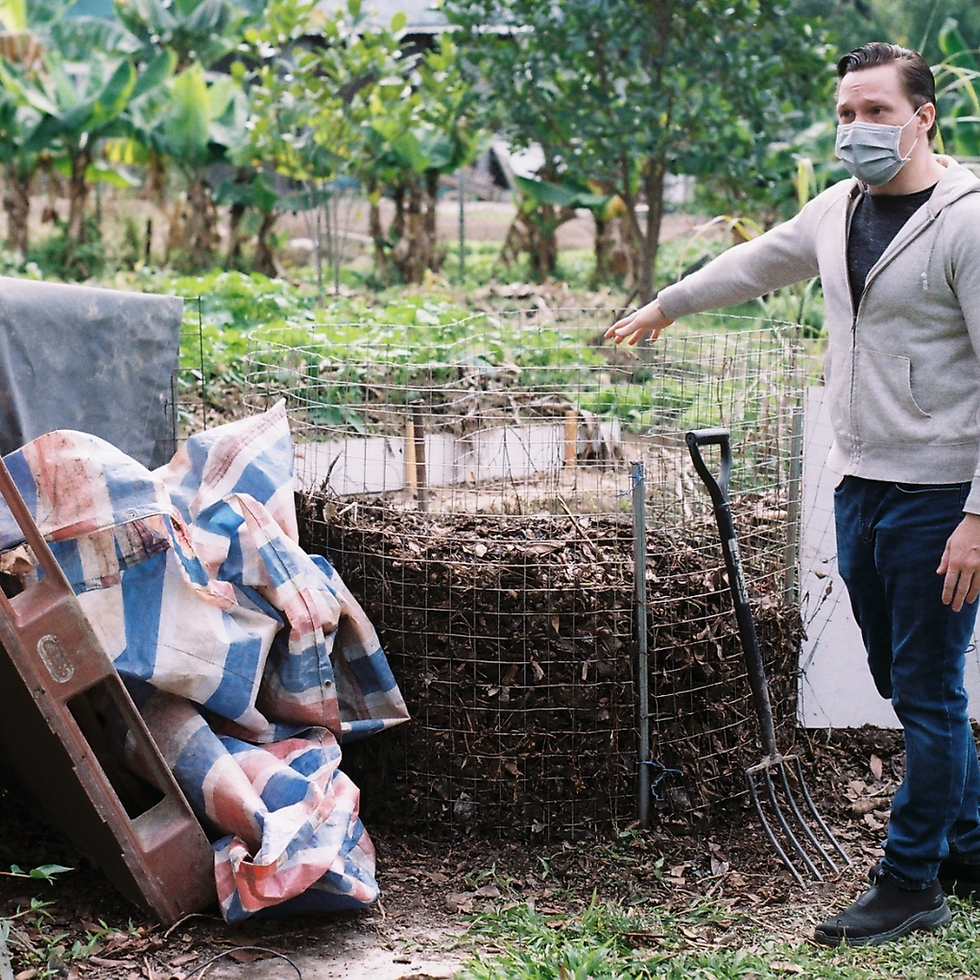Compost is a Gamer Changer
- Zero Foodprint Asia Admin
- Jul 25, 2022
- 2 min read
Updated: Jul 26, 2022
The saying there is always something more to a story if you keep digging certainly rings true when it comes to composting and soil health. That’s according to Jessica Chiartas, a Ph.D. student with the UC Davis land, air and water resources department - who was also co-first author in this 19-year study.
Scientists dug roughly 6 feet down to compare soil carbon changes in conventional, cover-cropped and compost-added plots of corn-tomato and wheat-fallow cropping systems. They found that compost is key to storing carbon, a strategy for offsetting carbon dioxide emissions. However, not all compost is made equal as not all food waste is suitable for composting; nor are all food waste machineries going to yield high-quality, agricultural grade composts.
As an example, food scraps - especially cooked food with oil - are really hard to decompose as they cannot generate enough heat and it releases unpleasant smell in the process and creates a pest problem. On the other hand, if compost is too hot, it can kill off beneficial microbes. Organic material, greens, and woody materials can decompose at a faster rate, breaking it down into necessary nutrients for the soil.
When done right, compost can remediate and revive soil that has been contaminated, as well as reduce the use of industrial fertilizer and increase carbon sequestration - it is a game-changer for the agriculture industry! To quote Jessica again, “The soil represents a huge mass of natural resource under our feet. If we're only thinking about farming the surface of it, we're missing an opportunity. Carbon is like a second crop’. And we at ZFPA couldn’t agree more….
Check out this article to learn more about composting -->








Comments